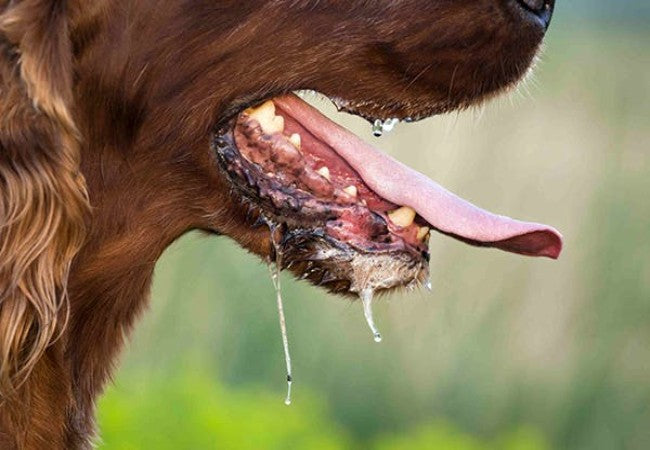Botulism in Dogs: Vet-Approved Causes, Symptoms & Treatments (2025 Guide) 🩺🐶

In this article
Botulism in Dogs: Vet-Approved Causes, Symptoms & Treatments (2025 Guide) 🩺🐶
By Dr. Duncan Houston BVSc
As a veterinarian, I occasionally encounter cases of botulism in dogs, a rare but potentially fatal condition. Understanding this disorder is crucial for early detection and effective treatment. This comprehensive guide aims to educate pet owners on the causes, symptoms, and treatment options for botulism in dogs.
🧬 What Is Botulism?
Botulism is a serious illness caused by the botulinum toxin produced by the bacterium Clostridium botulinum. Dogs typically contract botulism by ingesting decomposing animal carcasses or spoiled vegetation where the bacterium thrives. Once ingested, the toxin is absorbed into the bloodstream, leading to nerve dysfunction and muscle paralysis.
🐾 Causes and Risk Factors
Common sources of botulism in dogs include:
- 🦴 Decomposing animal carcasses
- 🌿 Spoiled or rotting vegetation
- 🥩 Contaminated raw or undercooked meat
Dogs with access to outdoor environments, especially those prone to scavenging, are at higher risk. Breeds with strong hunting instincts may be more susceptible due to their likelihood of encountering carcasses.
⚠️ Symptoms of Botulism
Symptoms typically appear within a few hours to six days after toxin ingestion and may include:
- 🐾 Progressive weakness, starting in the hind limbs and moving forward
- 🧍 Inability to stand or walk
- 🗣️ Facial paralysis, drooling, and difficulty swallowing
- 😮💨 Breathing difficulties
- 💩 Constipation or urinary retention
- 🛌 Paralysis of all four limbs
Despite paralysis, affected dogs remain mentally alert and responsive.
🩺 Diagnosing Botulism
Diagnosis is primarily based on clinical signs and history of potential exposure. Tests may include:
- 🧪 Blood tests to rule out other conditions
- 🖼️ Imaging to assess respiratory function
- 🔬 Specialized assays to detect botulinum toxin (though not commonly available)
💊 Treatment Options
Immediate veterinary care is essential. Treatment focuses on:
- 💧 Supportive care, including IV fluids and nutritional support
- 🛌 Monitoring and assisting with breathing; mechanical ventilation may be necessary
- 💉 Administration of antitoxin if diagnosed early
- 🧼 Preventing secondary infections through hygiene and possibly antibiotics
Recovery can take several weeks, and intensive care may be required throughout the period.
🛡️ Preventing Botulism
Preventive measures include:
- 🚫 Restricting access to areas with potential carcasses or spoiled vegetation
- 🥩 Avoiding feeding raw or undercooked meats
- 🧹 Proper disposal of dead animals and waste
- 🦮 Supervising outdoor activities to prevent scavenging
📱 Support and Resources
If you suspect your dog has botulism, seek immediate veterinary attention. For additional support:
- Ask A Vet: Access professional veterinary advice through the Ask A Vet platform.
- Download the Ask A Vet App: For quick access to veterinary support, download the Ask A Vet app.
Early diagnosis and appropriate treatment can significantly improve your dog's chances of recovery.
🐾 For more expert advice and pet care tips, visit AskAVet.com.






